Trump Imposes Big Tariffs on Wood — Bad News for RV Buyers
Trump Drops a Wood Industry Bombshell: Big Changes Are Coming, and RVers Won't Like Them.
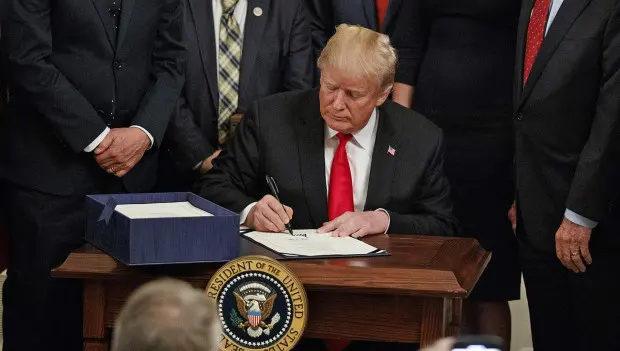
Over the last few years, the RV industry has been on a rollercoaster of changes, and prices have been quietly climbing along the way. Well, get ready — it’s about to get a lot steeper. President Trump recently revealed new “ad valorem” tariffs on imported wood products, and they could shake up more than just the lumber market.
Yes, you heard that right. The same wave of tariffs and import fees that’s defined much of Trump’s economic policy is now extending to “imports of timber, lumber, and their derivative products (collectively, wood products).” That’s big news for industries like RV and camper manufacturing, which still rely heavily on wood. So what exactly does this mean? Let’s break it down.
How We Got Here
According to a presidential proclamation, back on July 1, 2025, the Secretary of Commerce informed the President about an investigation into whether imports of timber and lumber were hurting U.S. national security. After months of data collection and analysis, the administration says it has its answer.
The report concluded that “the current quantities and circumstances of wood product imports are weakening our economy, causing persistent mill closures, disrupting supply chains, and reducing utilization of domestic production capacity.” It also warned that America’s dependence on imported wood could leave the country unable to meet demand for materials vital to national defense and critical infrastructure.
In simpler terms, foreign wood imports are putting American mills out of business — and, according to the administration, threatening our ability to produce what we need if global trade is disrupted. Sound familiar?
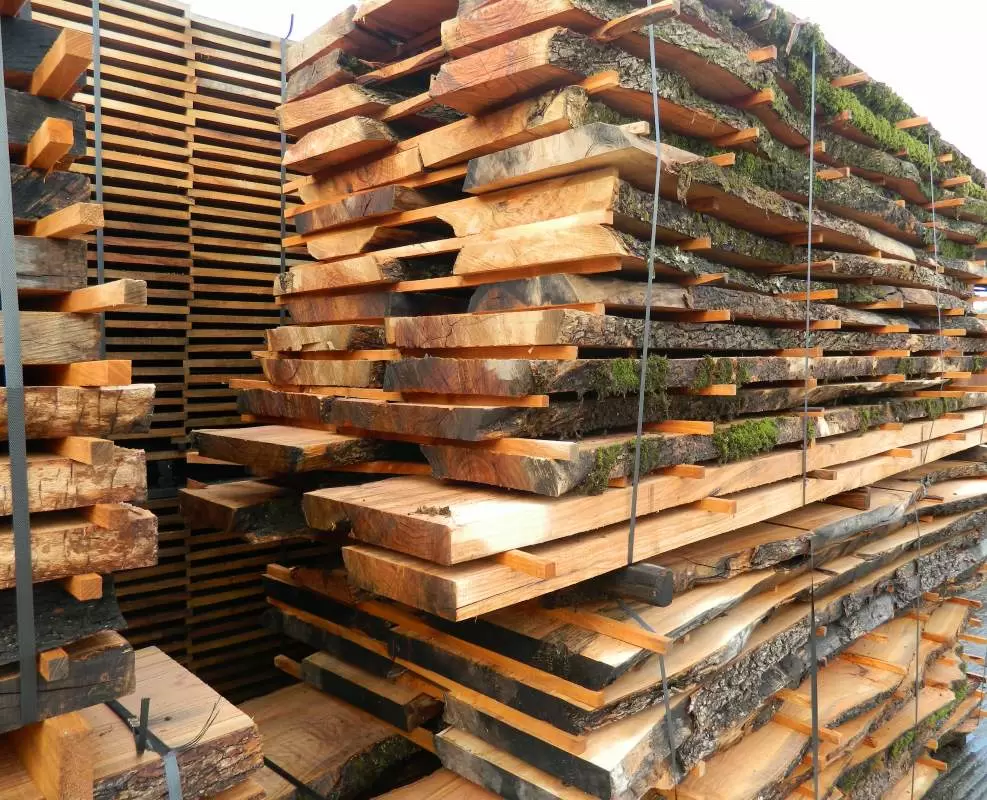
The Tariffs
To reduce U.S. dependence on foreign wood, the administration is introducing new tariffs — 10% and 25%, depending on the product — calculated on the total value (“ad valorem”) of imported goods. That’s a substantial hit for companies that rely on foreign timber. Your IKEA couch? Likely falls under this category.
The assumption here is that America can meet its own wood demand — but that may not hold true for non-domestic woods like luan, ebony, mahogany, or teak. Negotiations might determine their fate, but for now, the proclamation under Section 232 of the International Emergency Economic Powers Act (50 U.S.C. 1701 et seq.) places a 10% tariff on softwood timber and lumber, often imported from Canada.
The 25% rate, on the other hand, will apply to certain “upholstered wooden products” — a category that includes furniture, kitchen cabinets, vanities, and a long list of other goods.
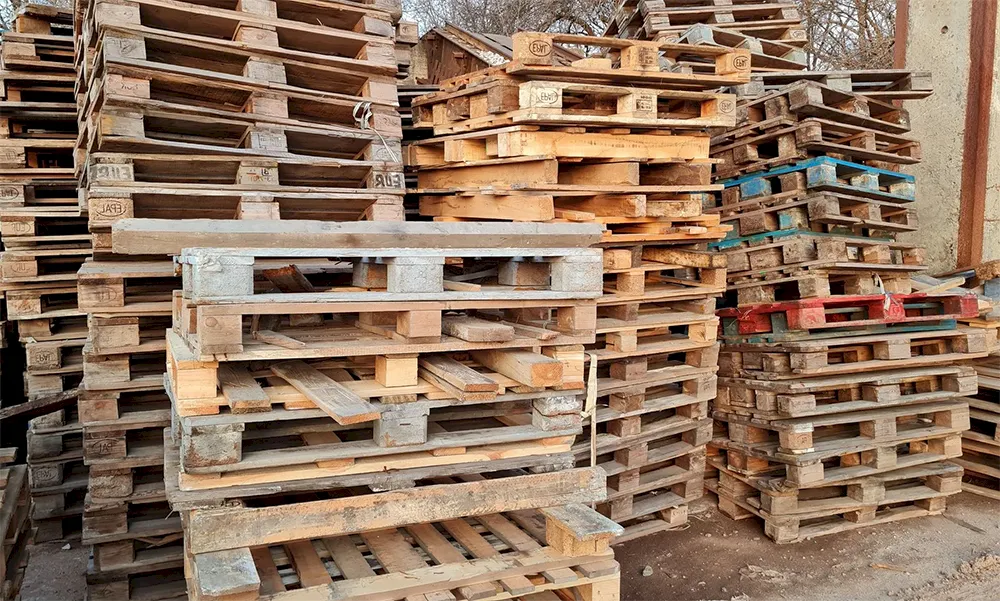
Who’s Exempt?
Not everyone’s getting hit equally. Brazil and the United Kingdom are expected to receive partial exemptions, while European and Japanese wood imports will face lighter tariffs, capped at about 15%. Some products with “domestic status” will also qualify for exceptions under the Lumber and Timber 232 Annex.
But one notable omission from that exemption list? Canada.
What It Means for RV Builders
So what does this mean for RV manufacturers? Quite a lot. Many camper frameworks rely on softwood timber. Luan, which is imported, is common for wall panels, while high-end RVs often feature mahogany or teak for cabinetry and flooring. In other words, a large portion of the materials that go into an RV could soon cost more — and that increase will almost certainly be passed down to the customer.
The full list of affected products runs over ten pages, with each item coded and cross-referenced in other legislation. It’s not for the faint of heart to navigate — and unfortunately, the overall takeaway is that higher prices are coming.

When It Takes Effect
The tariffs are set to go into effect on October 14, 2025, just days from now. Expect RV prices to start climbing shortly after. And come January 1, 2026, things get even steeper: tariffs on upholstered wooden goods will rise to 30%, and kitchen cabinetry and vanities will jump to a staggering 50%. These rates will remain in place until at least October 1, 2026, when the administration will review the impact.

The Road Ahead
It’s hard to say exactly how the RV market will adapt, but one thing seems clear: it won’t escape unscathed. And it’s not just the RV industry that will feel the squeeze — countless sectors rely on lumber and wood products as a foundation for their operations.

The goal behind all this is to encourage U.S. companies to source wood domestically. But with just days before these tariffs take effect, it’s unclear whether manufacturers have had enough time to adjust supply chains or secure alternative materials.
Major RV brands — Forest River, Keystone, Thor, Winnebago, and others — are unlikely to have slowed production for their 2026 models. But consumers should brace for noticeable price hikes in the near future.
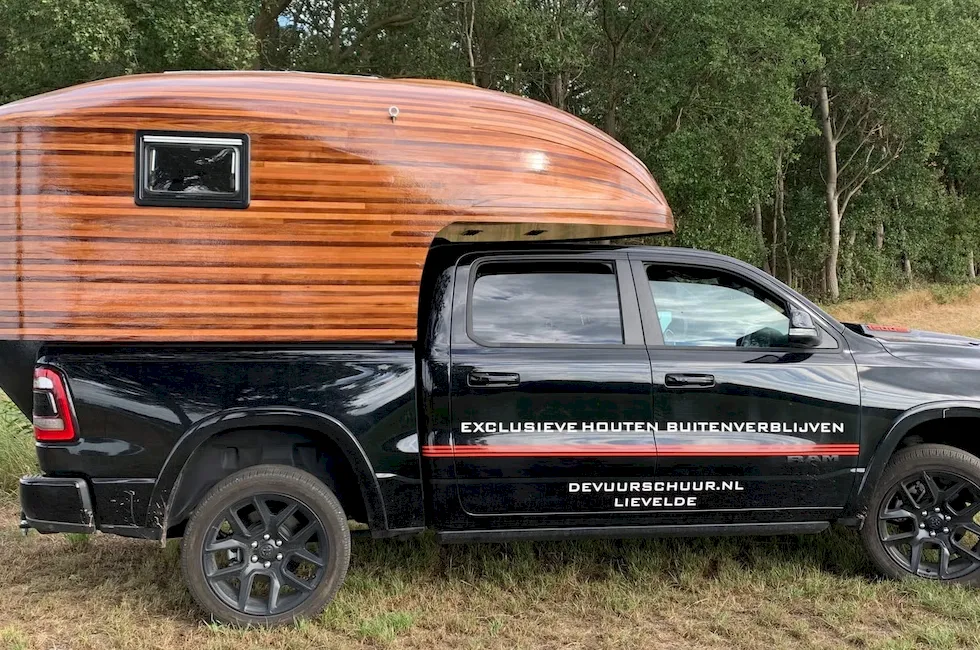
Another likely outcome? A shift toward non-wood materials. RV makers may start relying more on metal, aluminum, fiberglass, or composites like Azdel. Those materials are already used in parts of the industry — and we may see them become even more dominant. The catch? They’re usually pricier than wood, so again, higher costs could trickle down to buyers.
For now, all we can do is wait and see whether U.S. manufacturers anticipated this move. Considering how few people knew about the Commerce Department’s July 1 report, that seems doubtful.
You may also be interested in the news:

Scout Has 150,000 Reservations — And a Huge Problem With VW Own Dealers
Scout Motors hasn’t begun full production of its pickups and SUVs yet — but it has already amassed a massive reservation list.

Ford Rolls Out $3,500 Cash Back Deal on 2026 Explorer SUV
Right now, buyers can pick up a 2026 Explorer and receive a $3,500 consumer rebate.

Android Auto 16.3 Is Rolling Out — But Not Everyone Will Get It Right Away
Google is expanding Android Auto’s capabilities with climate control and radio integration.

Gotion’s Jinshi Batteries Promise 620 Miles of Range and 10-Minute Charging
Gotion High-Tech launches a 2 GWh solid-state battery production line.
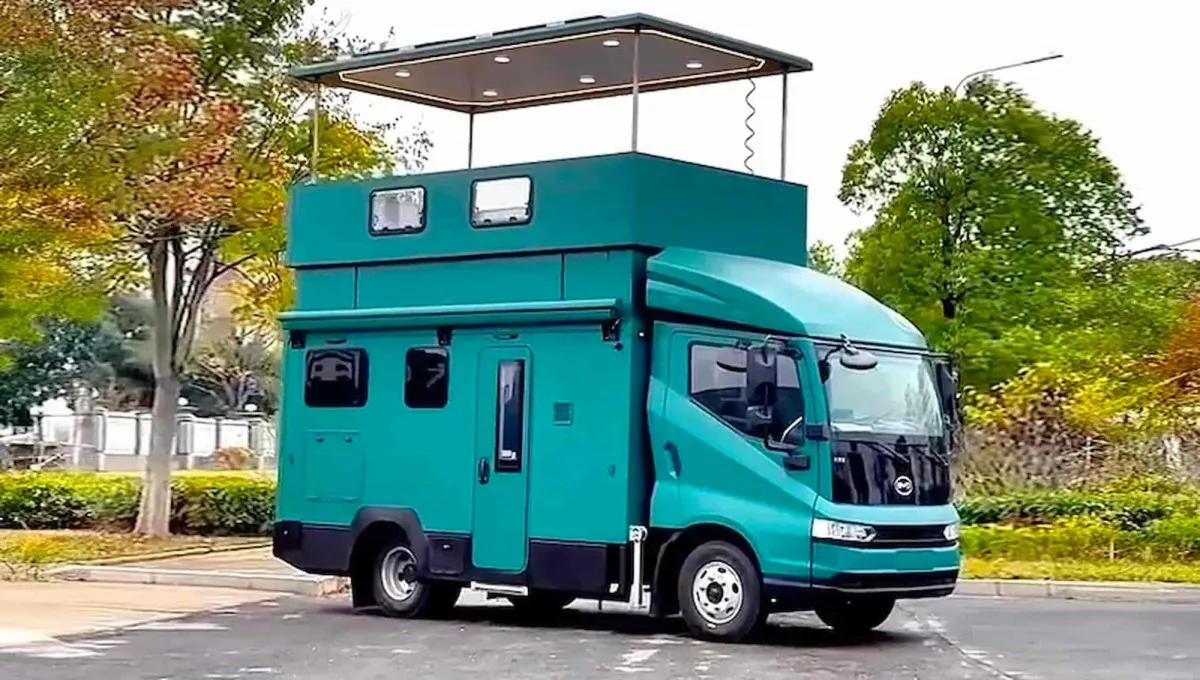
Two-Story House on Wheels with a Unique Living Area
A new double-decker RV with a rooftop terrace — and a surprisingly attractive price tag.